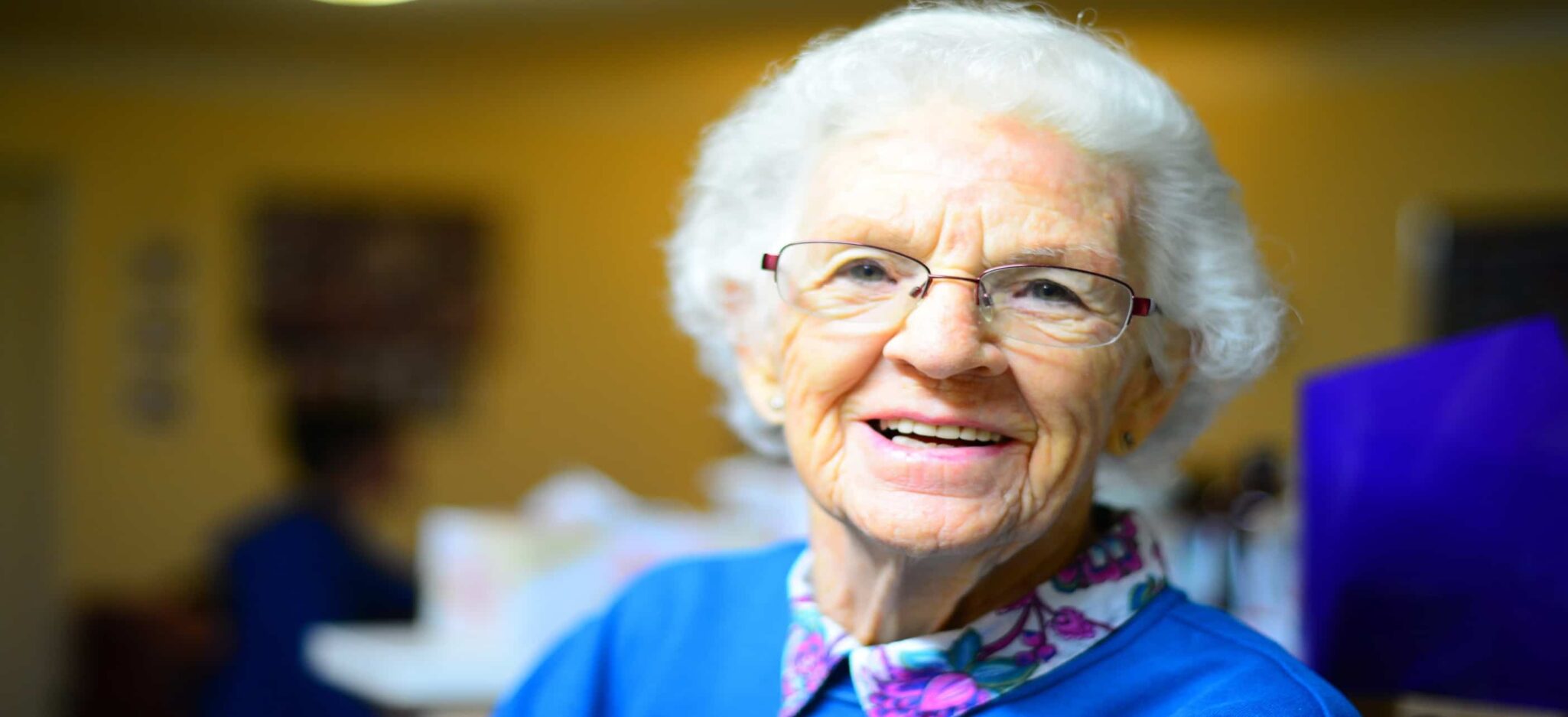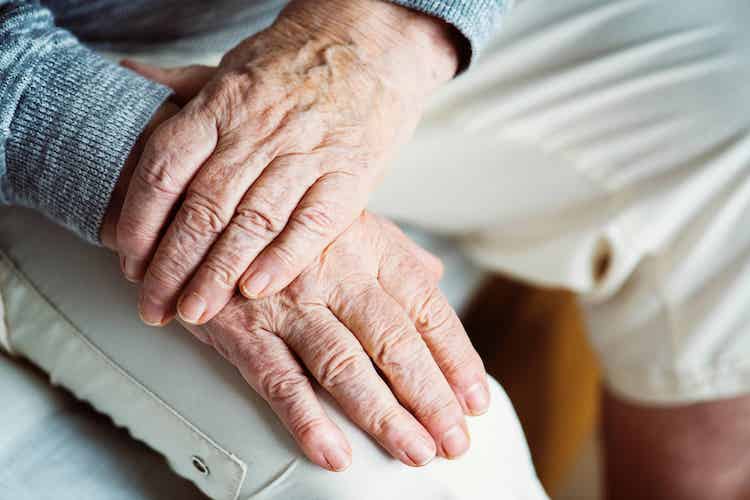11 Ways to Know Your Elderly Parent Needs Help

Have you noticed small changes in your parent that make you wonder if they need more help? As seniors age, it’s common for their abilities to change. However, if your elderly parent needs help, they may not always tell you. Many seniors feel like they would be a bother or worry about losing independence.
As their child and caregiver, you want what’s best for your parent’s health and safety. While the signs they need more care may be small at first, don’t ignore them. If you notice any of these 11 signs, it may be the right time to talk about extra support and additional care services.
Changes in appearance or around their home
When your elderly parent needs help at home, you may notice several signs when you visit. If they are struggling with daily tasks, it can show up in their appearance or hygiene too.
- Home repairs and maintenance – Your parent no longer takes care of minor fixes around the home. You notice their yard hasn’t been mowed recently, or they have broken appliances.
- Home cleaning and organization – When you visit, there are piles of trash, laundry, or dishes. Things suddenly seem more disorganized than usual.
- Ability to do daily tasks – Your elderly parent avoids daily tasks that they used to enjoy, like cooking. They seem unsure or forgetful when it comes to doing things around the home.
- Hair, clothing, and appearance – Your parent doesn’t keep up with their hair, dental health, or hygiene like they used to. They wear clothing that is dirty or worn out.
Changes in physical well-being
Your parent’s physical health can provide signs they need more help too. Take note of any changes in their health or mobility. Some common signs include:
- Movement and mobility – You’ve noticed your parent can’t get up from sitting very well. They don’t seem to walk or stand as easily.
- Diet and nutrition – When you’re at their home, you notice very few healthy foods or little to no food at all. They have started to lose a lot of weight.
- Signs of injury – They have small injuries like cuts or bruises that you can’t explain. They’ve burned themselves while trying to cook.
Changes in mental well-being and function
While some seniors may be in good physical health, mental health changes could also mean they need more support. Look for these changes in their memory, mental function, or mood:
- Memory – Your parent seems more forgetful or gets confused. They lose their wallet or keys often. They forget important dates or appointments.
- Mood or personality – You’ve noticed a sudden change in their overall mood or personality. They’ve show agitation or aggression to you or others.
- Mental health conditions – You worry your parent may be depressed. They don’t seem to engage or enjoy life like they once did.
- Social activity – You don’t hear them talk about hobbies or friends. Your parent rarely gets out of the house anymore.
Support when your elderly parent needs help
Whether it’s physical signs, mental signs, or signs around the home, these small changes signal a need for extra care. If you think your parent may be unwilling to accept help, get other trusted loved ones to express their concerns too. The AARP also says your loved one’s health care provider is a good resource. They can provide a full picture of your parent’s physical, functional, and mental health so they can get the right type of care.
If your loved one needs full-time care and support, Walnut Place is here for you. Our community provides numerous services and creates a safe, comfortable environment where your parent can thrive. Contact us today to navigate your options for an elderly parent that needs more care.




